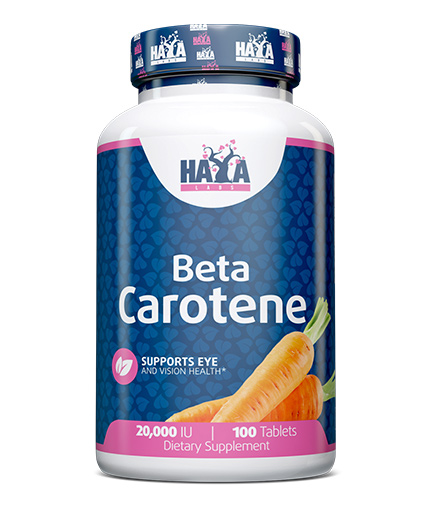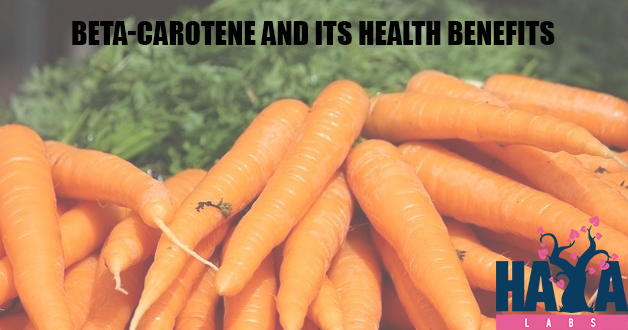
Beta-carotene and its health benefits
0
2446
Beta-carotene is one substance of a group of red, orange and yellow pigments called carotenoids. Its name is derived from Latin name for a carrot. It gives yellow and orange fruits and vegetables their rich hues. It is also used to color foods such as margarine.
Beta-carotene provides approximately 50% of the vitamin A needed in the diet. It can be found in fruits, vegetables and also in whole grains.
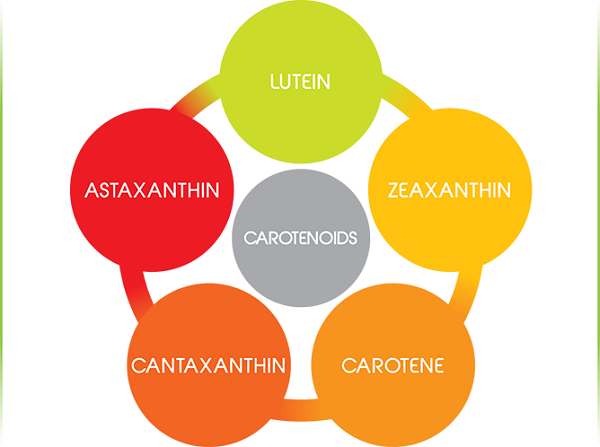
In the body, beta-carotene converts into vitamin A (or retinol). We need vitamin A for good vision and health, for a strong immune system. Taking big doses can be toxic, but our body converts as much vitamin A from beta-carotene as it needs.
Health benefits
Beta-carotene is an antioxidant. This is a substance that inhibits the oxidation of another molecule sand protects the body from free radicals. As you know, free radicals damage cells through oxidation. Eventually, the damage caused by free radicals can cause chronic illnesses.A diet rich in beta-carotene reduces the risk of cardiovascular diseases to a significant extent.
read more
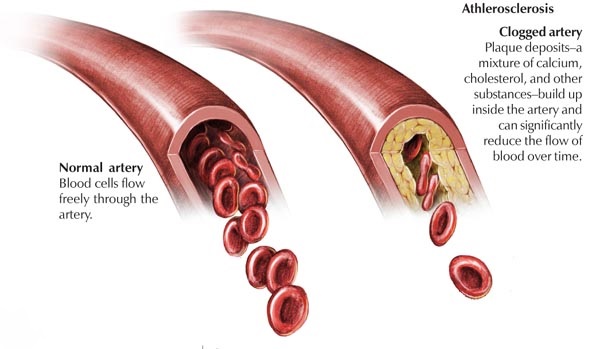
The substance helps fight cancer through its antioxidant capacity and it keeps your cells in proper communication, thus preventing the growth of cancer cells. Dietary intake of beta-carotene fruits and vegetables lowers the risk of breast, colon, oral cavity, and lung cancer.

Research has proven that consumption of beta-carotene is beneficial for your brain as it significantly delays cognitive ageing and it can fight oxidative stress that can damage brain cells over time and reduce the risk of dementia.High intake of beta-carotene preventing lung disorders like asthma, bronchitis or emphysema.
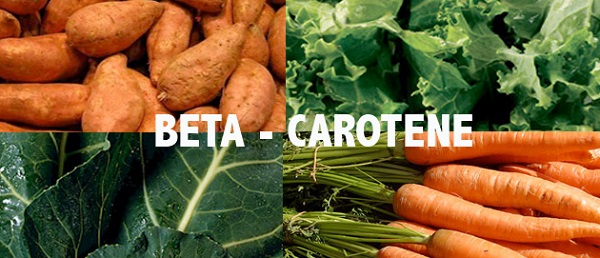
Other studies have shown that people with high levels of beta-carotene in their body are less likely to suffer from impaired glucose tolerance and diabetes.Beta-carotene acts as a risk factor for rheumatoid arthritis. Its consumption is necessary to prevent the occurrence of this condition.The substance prevents premature ageing by acting as an antioxidant reduces oxygen damage caused by UV-light, pollutions and other environmental hazards like smoking for example.

Beta-carotene is converted to vitamin A in the body which is necessary for cell growth including hair cells. Consumption of beta-carotene will help you get rid of hair problems. High doses of vitamin A can also cause hair loss.It is advisable to consume beta-carotene from food sources rather than taking vitamin A supplements.
How much beta-carotene should we take?
There is a recommended dietary allowance (RDA) for vitamin A, there is no RDA for beta-carotene specifically. Studies have used dosages ranging between 15 and 180 mg a day. There is no set tolerable upper intake level for beta-carotene. High doses or long-term use may be dangerous.Experts recommend a combination of supplemental carotenoids like lutein, carotenes, zeaxanthin and lycopene.
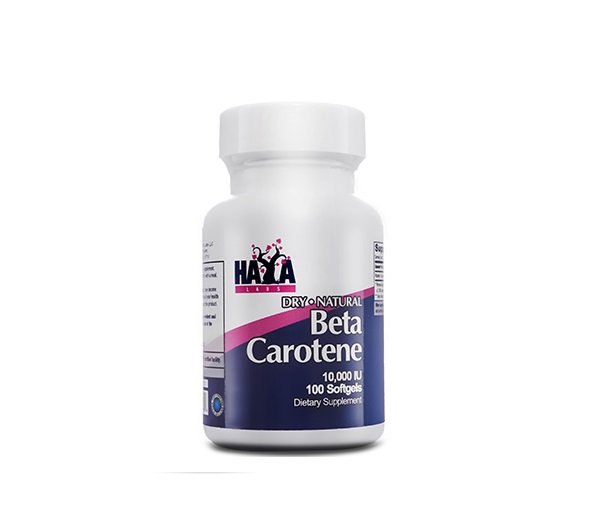
Good food sources of beta-carotene are carrots, sweet potatoes, winter squash, spinach and fruits like cantaloupe and apricots.
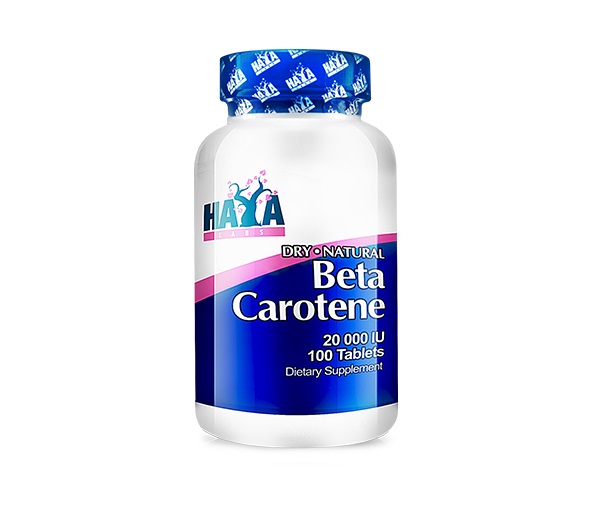 .
.

